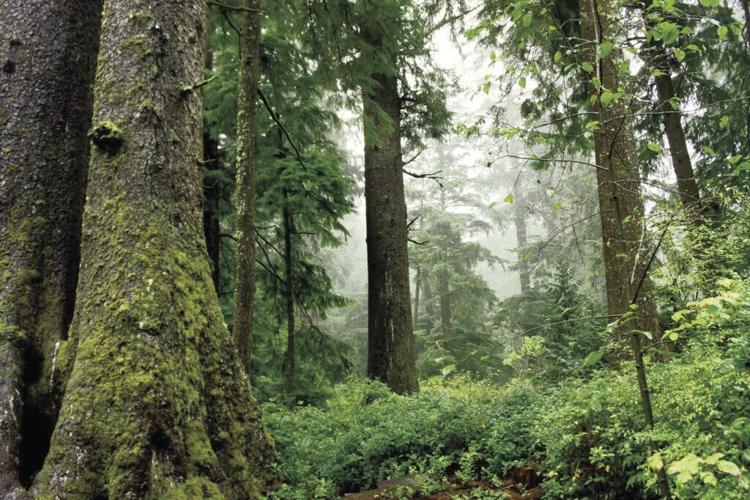In Short : In 2023, climate change unfolded through powerful images capturing deadly weather events, government crackdowns on protests, and historic agreements. These visuals likely tell a compelling story of the urgent need for climate action, the impact of extreme weather, and societal responses to the global climate crisis.
In Detail : Climate change has made 2023 a record-breaking year.
This year is almost certain to be the hottest on record, according to the EU’s Copernicus Climate Change Service.
In November, Earth briefly crossed the 2C of global warming line for the first time. While temperatures have to be higher for a sustained period to breach the Paris Agreement limit of 1.5C officially, it is still a worrying milestone to have reached.
And our changing climate is having devastating consequences for people around the world.
This summer, extreme heat and dry weather in Europe saw hundreds of firefighters battle fires in Greece. On the island of Rhodes, one fire burned for days forcing holidaymakers and local people to flee.
In the end, the Greek wildfires were declared the largest ever seen in the EU, burning an area of around 190,200 hectares and releasing the same amount of CO2 as 500,000kg of coal.
Flooding and rainstorms rocked Europe this year too, bringing deadly consequences across Italy, Slovenia and much of central Europe.
Storm Adrian was followed by Storm Babet, then Ciaran and Daniel. Each turning roads into rivers and causing devastating damage to people’s homes.
2023’s climate news has also been dominated by El Niño. This oceanic and atmospheric phenomenon sees a warming of the ocean surface and above-average sea temperatures in the Pacific Ocean.
But it has consequences worldwide. South America has been hard hit by drought and floods from El Niño. And in Central America, water levels have been so low in the Panama Canal that restrictions on the number of ships that could pass through had to be put in place.
As one of the world’s busiest shipping routes, it has disrupted supply chains around the world as ships wait to pass through the canal.
Heavy rain has brought deadly flooding in parts of Africa. A relentless downpour that started in October has brought death, destruction and displacement to people across Somalia, Kenya and Ethiopia.
As temperature records were smashed, Europe started to crack down on protesters taking to the streets to call out government inaction on climate change.
Across the continent, from France and Germany to Sweden and the Netherlands, authorities have responded with mass arrests, repressive new laws and harsh sentences for non-violent protests.
Perhaps the most famous climate activist of all, Greta Thunberg has been in court several times this year after being detained at protests in Germany, Sweden and the UK.
In the UK, two Just Stop Oil activists were handed lengthy jail time after they scaled a bridge in Kent.
Marcus Decker and Morgan Trowland’s sentencing prompted criticism from the UN over the right to protest – but Prime Minister Rishi Sunak hit back, saying “selfish protesters” should feel the full force of the law.
And finally, this record-breaking year saw a “historic” deal struck at the COP28 UN climate conference that may finally signal the beginning of the end for fossil fuels.
After days of tense negotiating, a deal was agreed with no objections on the morning of 13 December. It came as a bit of a shock to everyone following along – and many were sceptical about the progress made – but the relief in the room was tangible.
Here we see controversial COP28 president Sultan Al Jaber hugging UN climate chief Simon Stiell after the gavel came down on the deal.

